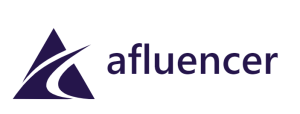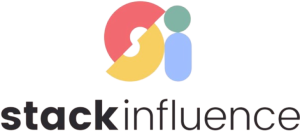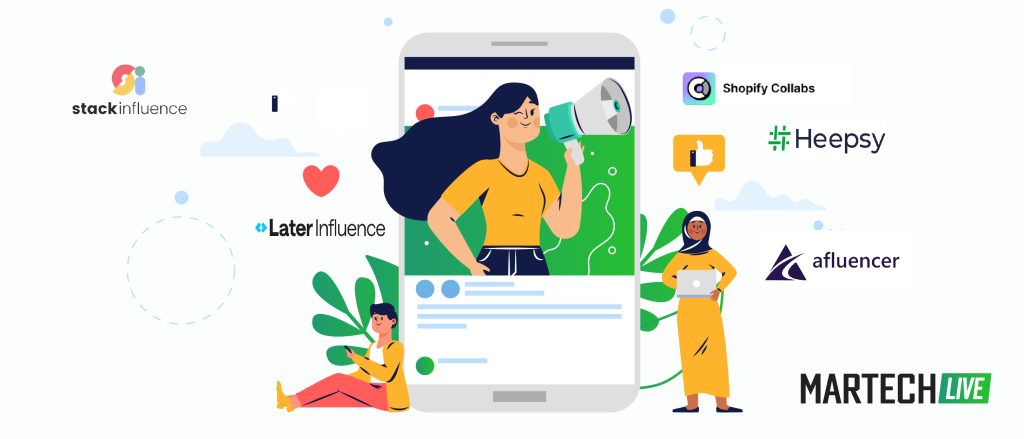Imagine this; you have just started out with your small perfume business. You have your inventory ready, perfumes prepared but finding influencers is becoming a tedious task. In today’s world social media reach through influencer marketing is an important part of building the brand’s credibility and connecting with potential customers through the influencer’s audience.
If you are still individually reaching out to influencers on social media, chances are your message might not be answered as influencers might not completely trust your proposition of showcasing your products to their meticulously grown audience.
What is an influencer marketing platform?
An influencer marketing platform is a database of verified social media influencers who can help in the marketing of your product by sharing a positive review of the product with their followers. This boosts brand presence along with tapping into markets which could not have been organically reached by the brand.
These platforms can accurately track audience engagement, check for fake followers, schedule content posting, and give results by sorting them out on the basis of demographics and location. Without a platform the process of marketing of a product can become time consuming which could also result in a loss of resources.
How do Influencer marketing platforms help small businesses?
Influencer marketing platforms help fill in the gap of manually searching for credible influencers on social media. In order to reduce and who are more likely to reach out to you when you go through designated platforms on which they themselves are as opposed to random DMs in their message inbox.
Platforms like these also help you efficiently track performance of the marketing campaign done by the influencer along with ROI. Following are some of the points which prove why influencer marketing platform are a boon for small brands.
Simplified Influencer Discovery
Finding the right influencer manually can be time consuming with no guarantee that the audience is real. Influencer marketing platforms simplify this process by providing databases of creators, allowing businesses to choose by niche, location, audience size, engagement rate, demographics, interests, and content type.
Some platforms even showcase data from past campaigns to show influencers who have previously generated high engagement or sales. Advanced tools can detect fake followers and inflated engagement, ensuring you only collaborate with verified influencers. This not only saves time but also improves campaign effectiveness by targeting the right audience from the start.
Streamlined Campaign Management
Coordinating multiple influencers without a platform can lead to miscommunication, and inconsistent content. Platforms provide a centralized dashboard where small businesses can create campaign briefs, share product assets, and clearly define goals and guidelines.
Brands can review and approve content before it goes live, schedule posts across multiple channels, and set automated reminders for deadlines. Some platforms even allow teams to collaborate internally, assign tasks, and maintain a clear history of communication. This streamlines operations, reduces errors, and ensures every campaign runs smoothly.
Measurable Results
One of the biggest challenges in influencer marketing is tracking campaign performance and proving ROI. Platforms provide real-time analytics dashboards that track metrics such as reach, impressions, engagement (likes, comments, shares), clicks, conversions, and even sales if linked to e-commerce systems.
Some platforms also allow comparisons across influencers, helping brands identify which creators deliver the best results and refine future campaigns. Data-driven insights ensure that businesses can allocate budgets wisely, optimize strategies, and make decisions based on actual performance rather than guesswork.
Access to Micro- and Nano-Influencers
While big-name influencers have reach, they are often expensive. Platforms make it easy for small businesses to discover micro-influencers (10K–100K followers) and nano-influencers (1K–10K followers), who have highly engaged audiences and are often more relatable to niche or local markets.
Collaborating with these influencers is cost-effective, allows brands to test campaigns with minimal risk, and often leads to stronger engagement. Many platforms also enable batch campaigns, making it possible to work with multiple small influencers simultaneously to maximize reach and impact.
Top 5 influencer marketing platforms for small businesses in 2025
Afluencer

Afluencer is a user-friendly influencer marketing platform that makes campaigns accessible for small businesses. With its free plan, small brands can quickly discover relevant influencers, manage campaigns efficiently, and track performance without a large marketing budget. The platform saves time, reduces costs, and provides analytics to measure engagement and ROI, helping small businesses run professional, scalable influencer campaigns even with limited resources.
-
Heepsy

Heepsy is an influencer marketing platform ideal for small businesses that want to collaborate with highly engaged micro- and nano-influencers. Its standout feature is advanced filtering by location, niche, and engagement metrics, which makes it easy for small brands to find the right influencers for their target audience. By streamlining discovery and providing tools to manage campaigns efficiently, Heepsy helps small businesses save time, reduce costs, and run focused influencer marketing campaigns.
-
Stack Influence

Stack Influence is a go-to influencer marketing platform for small businesses seeking cost-effective and high-impact marketing solutions. Its unique feature is the product-only compensation model, which allows brands to collaborate with influencers by paying them with products that they have marketed instead of providing large upfront costs. By connecting small businesses with everyday creators who have authentic and engaged audiences, Stack Influence simplifies campaign management and helps brands achieve immense engagement while keeping marketing budgets manageable.
-
Shopify Collabs

Shopify Collabs stands out from other influencer marketing platforms because it integrates directly with Shopify stores, allowing small e-commerce businesses to find influencers, manage collaborations, and track performance all in one place. Its seamless connection to Shopify makes it easy to handle product promotions, track sales generated by influencers, and simplify campaign management, making it a go-to choice for Shopify store owners looking for an efficient, all-in-one influencer marketing solution.
-
Later Influence
![]()
Later Influence is different from other influencer marketing platforms because it offers easy integration with major social media and content tracking tools, making it simpler for small businesses to manage and measure their influencer campaigns in one place. Its user-friendly workflow helps brands discover niche influencers, organize collaborations efficiently, and track real-time performance. For small businesses looking to streamline their marketing efforts and get clear insights into what drives engagement, Later Influence is the ideal all-in-one solution.



